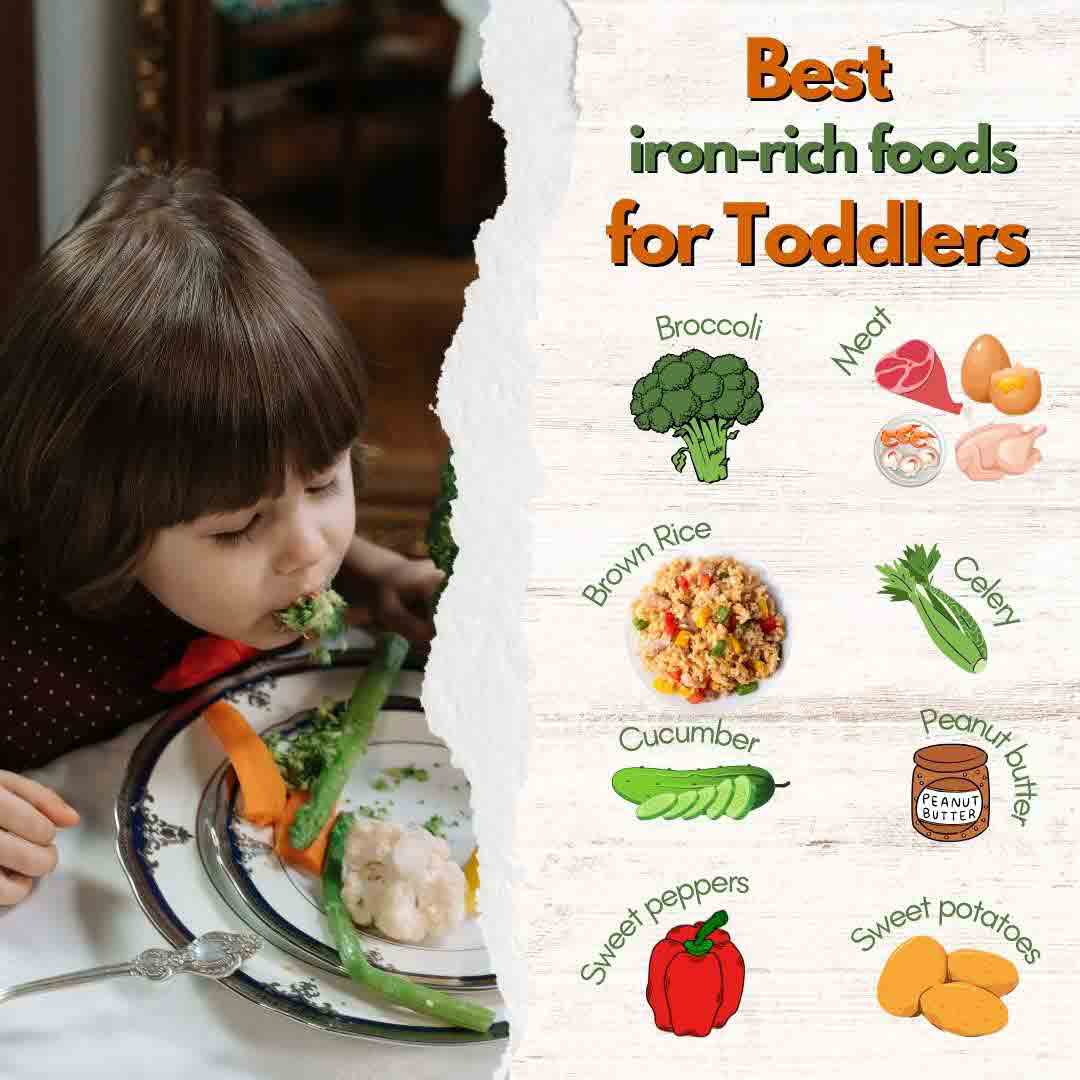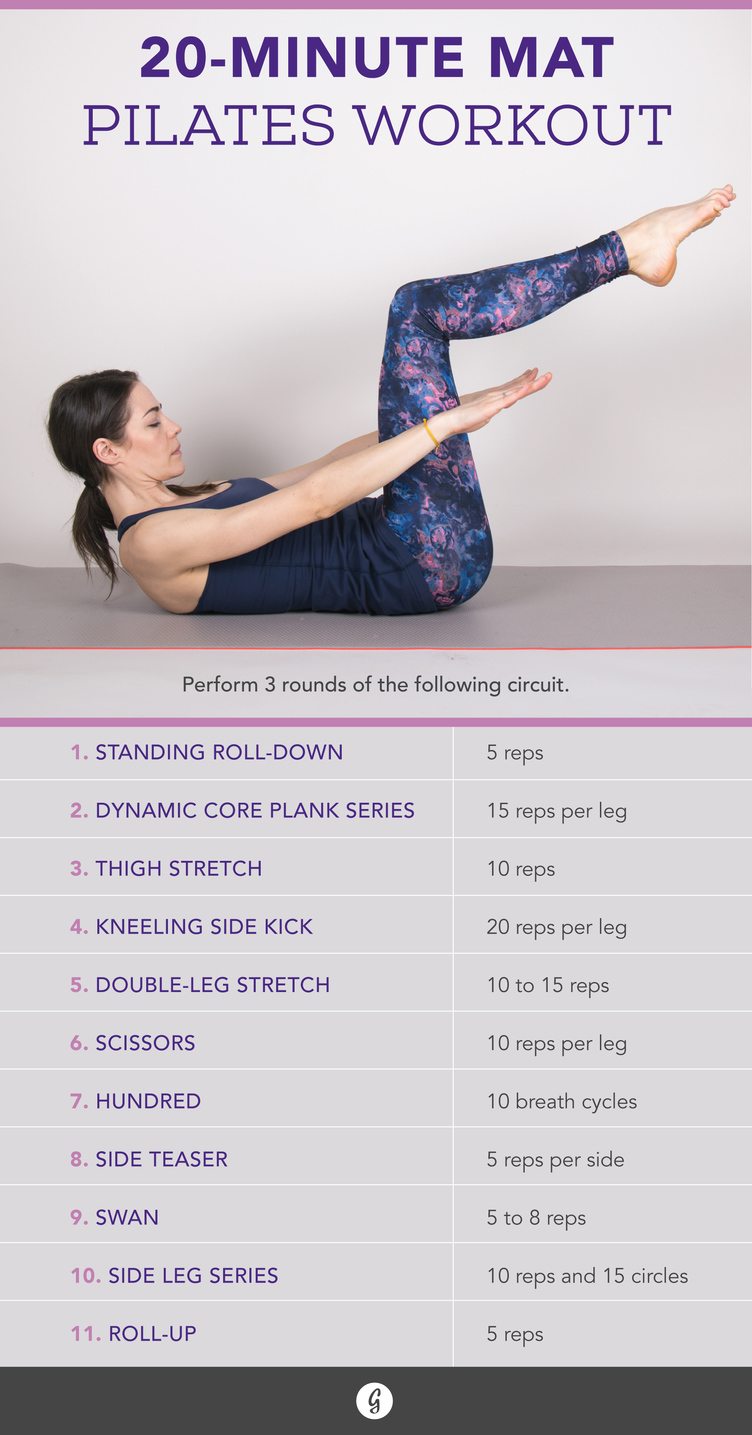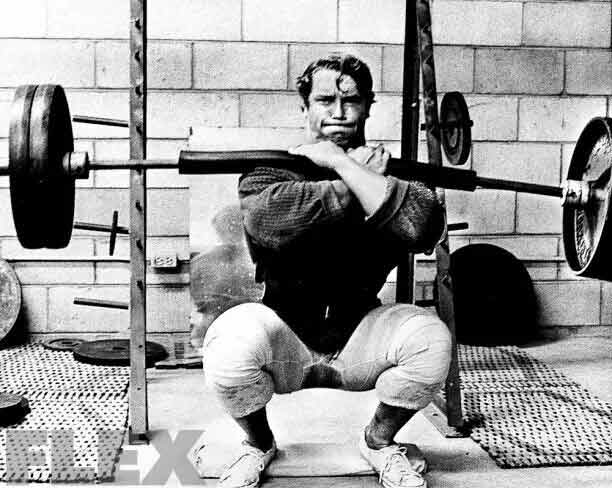Iron-Rich Foods for Babies And Toddlers
There are many beneficial properties of Iron-Rich foods For Babies And Toddlers. To continue anemia from improving adequate growth and development, iron is an essential nutrient that ensures proper health and wellness. Most babies do not need any iron supplements until they are at least four months old. This is because, during the final trimester of pregnancy, all babies receive large amounts of iron from their mothers. If your baby is born prematurely, there is a chance that they may suffer from iron deficiency. It can also happen if you have diabetes or poor nutrition during pregnancy.
The importance of iron for the body
Iron is an essential nutrient for proper growth and development. It helps the proper functioning of the body by assisting the oxygen in the blood to store and use oxygen from the lungs to other parts of the body and muscles. Iron is the main component of healthy blood, and iron deficiency can cause anemia, which affects the basic functions of the child’s body.
Symptoms of iron deficiency
If your child has iron deficiency, you may notice the following symptoms:
- Pale skin
- Anorexia nervosa
- Endless fatigue
- Abnormal breathing
- Delayed growth and development
- Frequent illness.
Iron-rich foods that you can include in your baby and toddler’s diet
There are two types of iron-rich foods – ham and non-ham. Heme is derived from hemoglobin and is commonly found in animal products, especially poultry and meat. Heme-iron is absorbed into the body faster than non-heme iron. There are plenty of vegetarian and vegetarian iron-rich foods for kids to eat. Here is a collection of iron-rich foods for babies and toddlers.
1. Meat and poultry
These are special sources of heme iron, especially red meat and liver. Try to remove all greasy parts of the meat before cooking, as it contains no iron. Your meat should be cooked well before feeding the baby. Otherwise, they may be difficult to chew and digest easily.
2. Egg yolk
Yet another good source of iron for babies and children, eggs are easily available and easy to cook and eat. Try to include egg yolks in different recipes. This guarantees that your child gets a healthy dose of regular iron without eating the same thing every day and that he likes to eat. A few tasty alternatives to caramel custard or custard flan desserts that are made with egg yolks.
3. Red and brown rice
A great source of non-heme iron-rich food sources for babies, this variety of rice may not be to your child’s liking if you cook it normally. Try adding some flavor to it by adding vegetables, eggs, or meat, depending on your eating habits.
4. Beans
Beans of almost all varieties are rich in iron. Lentils, kidney beans or rajma, gram, and soybean are some examples. You can steam the beans and add flavor to them with some salt and light spices before giving them to your baby. You can mix these with meat or rice.
5. Sweet potatoes and potatoes
Be sure to boil the potatoes with the peel to retain most of the iron. Baked and steamed potatoes or sweet potatoes are a favorite of most children. You can cut them into pieces to match the french fries, as this will help the kids grab them easily while eating on their own. Mashed potatoes can be another favorite food.
6. Seafood
There is no denying that seafood is a source of many essential nutrients for your child, including iron. Tuna, bata, and shrimp are the best sources of iron. You can cook in different ways and feed your baby regularly. However, be aware that some children may be allergic to certain seafood, so introduce them to your child carefully.
7. Peanut butter or peanut butter
Lots of baby picks, peanut butter, packed in iron. Using it with bread will always make it a healthier meal. You can try peanut butter cookies for a special treat. Consuming rich flour or oatmeal helps you increase the amount of healthy eating you eat.
8. Tofu
A great alternative to meat for vegetarians, tofu contains significant amounts of iron. You can cut the tofu into strips and set it on a plate with dip before giving it to your baby. Lactose-intolerant children can also eat it.
9. Prunes and cranberry juice
These are some fruit juices rich in iron. Their sweet taste is bound to be quite a favorite of children, but be sure not to give them more than one glass every day. These juices are also good for urinary tract health and prevent constipation. They do not contain any fat or cholesterol. It is also one of the iron-rich foods for pregnancy.
10. Dried seeds
A great snack during travel or after playtime, chewing dried seeds is fun. Seeds like sunflower, pumpkin, and sesame contain significant amounts of iron. You can make a granola bar from these or use it as a garnish for puddings and other sweet treats to make it more attractive.
11. Wheat and oatmeal cream
Oats cereals contain the highest amount of iron. Just one bowl of oatmeal can provide about 70% of your baby’s daily iron needs. One bowl of wheat cream can meet your child’s daily iron needs. However, being a non-heme iron, it can be difficult for the body to absorb all the iron.
12. Dried fruit
Dried dates, apricots, plums, and raisins all contain large amounts of iron. These make extremely healthy snacks for your child when they are hungry or for delicious food. To encourage your child to eat dried fruit whenever they want a snack, it is a good habit to give it, which you may wish to continue even in your youth.
13. Green vegetables
It may be difficult for your children to finish eating raw or steamed greens when they are served. Spinach, broccoli, collards, and calories are rich in iron and many other essential nutrients. You can mix them with a paste and use them in gravy, soups, or dips. Add some spices if necessary.
14. Tomatoes
If your child refuses to eat fresh tomatoes cut into beautiful small cubes, try drying them under the sun or by baking. You can then make sauces and soups from these. Spaghetti with tomato sauce and light-flavored tomato soup are sure to be a hit to your child.
15. Organic Dark Chocolate
Kids love chocolate, and it can be hard to keep it off as they get older. One way to fulfill their desire is organic dark chocolate. They are rich in iron and low in sugar.
Babies who are breastfed or formula-fed do not need any iron supplements. Babies who eat a balanced diet that includes adequate iron sources do not need any accessories. Iron deficiency in children can distract attention and make them feel tired and weak. So, try to include at least two iron-rich foods in your baby’s daily diet.
Consultations
Iron is a vital nutrient for children, crucial for preventing anemia and ensuring proper growth and development. While most babies receive sufficient iron from their mothers during the final trimester of pregnancy, premature birth, maternal diabetes, or poor nutrition can lead to iron deficiency in infants. Symptoms of iron deficiency include pale skin, fatigue, abnormal breathing, delayed growth, and frequent illness. The article provides a comprehensive list of iron-rich foods suitable for babies and toddlers, including meat, poultry, egg yolk, rice, beans, sweet potatoes, seafood, peanut butter, tofu, prunes, cranberry juice, dried seeds, wheat, oatmeal, dried fruits, green vegetables, tomatoes, and organic dark chocolate. It advises on the importance of incorporating these foods into a baby’s diet to prevent iron deficiency, highlighting that breastfed or formula-fed babies generally do not require additional iron supplements.





